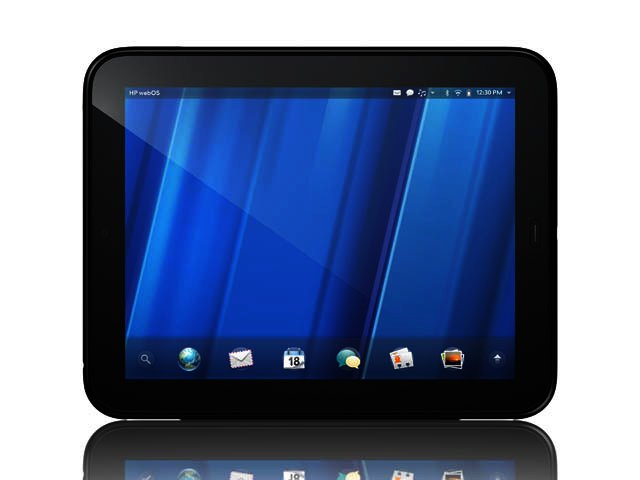Why the loss of the TouchPad hurts tech users
By Ryan Noik 22 August 2011 | Categories: news
It’s not every day that a technology company of HP’s profile makes shattering announcements. But its announcement last week that it was discontinuing its TouchPad line may well have left technology users and the technology space a little poorer for its absence. The reason for this is that while there is no shortage of alternative tablets, technology thrives on innovation, and webOS had a number of innovative approaches to common tablet tasks that we were actually looking forward to seeing. While the company stated that it wasn’t abandoning the operating system, without compelling hardware (such as tablets and smartphones) to run on, it seems like the future of webOS is as murky as that of the company’s personal systems division.
Features lost
This is a shame because, as a platform, webOS has a number of things going for it. The first is a multitasking via a card-based approach to applications. Each application was represented by its own ‘card’, which could be flicked through like shuffling a deck of playing cards. Applications, which could be ordered on the fly, would have been closed by ‘flicking’ them, as if tossing them off the screen. If nothing else, this could have lent itself ideally to a large touch interface, and may have compelled other developers to think a little more creatively about managing multiple applications. (Luckily BlackBerry is still in the game, since despite the PlayBook’s shortcomings, its QNX OS has a very intuitive approach.)
One of the features we were especially excited about was Just Type. The webOS envisioned enabling users to start typing and then decide what they want to do with that text – include it in an email, update their status, or use it as the basis for searching the web. An operating system that felt like it was more at our command than the other way round would have been a feature we would have loved to have seen more of.
Apps with heart
Another feature that seemed to be unique to HP’s tablet effort was the reported launch of a dedicated electronic magazine, Pivot, which would have highlighted particular webOS apps. The company had tantalised that Pivot would offer “visually driven editorial pieces, columns from notable guest writers sharing their perspectives on digital culture, feature stories focused on applications around specific topics, and in-depth reviews." Forget the closed Apple App store or the fragmented Android store, HP seemed intent on providing their app efforts with some heart. Unfortunately, that’s likely the last we’ve heard of Pivot.
Rest in peace
A final feature worth looking forward to was the integration between webOS based devices. In fact, one of these features was the ability to seamlessly and wirelessly transfer files between webOS based devices by touching them to one another. In itself, this is something that Android would have been wise to take note of and learn from.
These are not the only differentiating factors that webOS and the TouchPad in particular were promising with their launch. The loss of these innovations does not bode well for HP or for companies that are spurred on by each other’s unique approaches to common problems. Nor does it benefit those of us who love and use technology either.
For more follow TechSmart on Twitter and join us on Facebook.
Most Read Articles

Have Your Say
What new tech or developments are you most anticipating this year?



